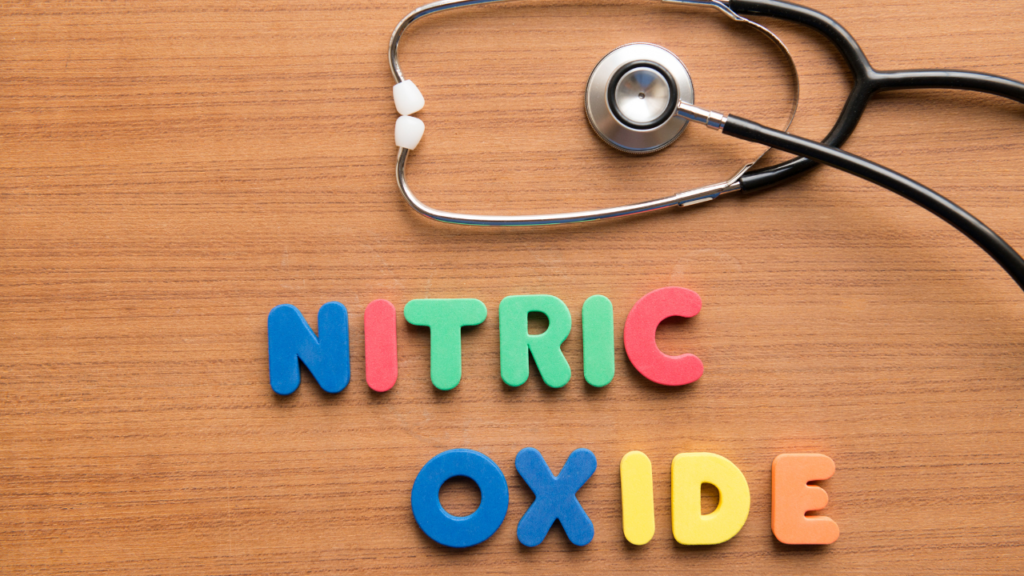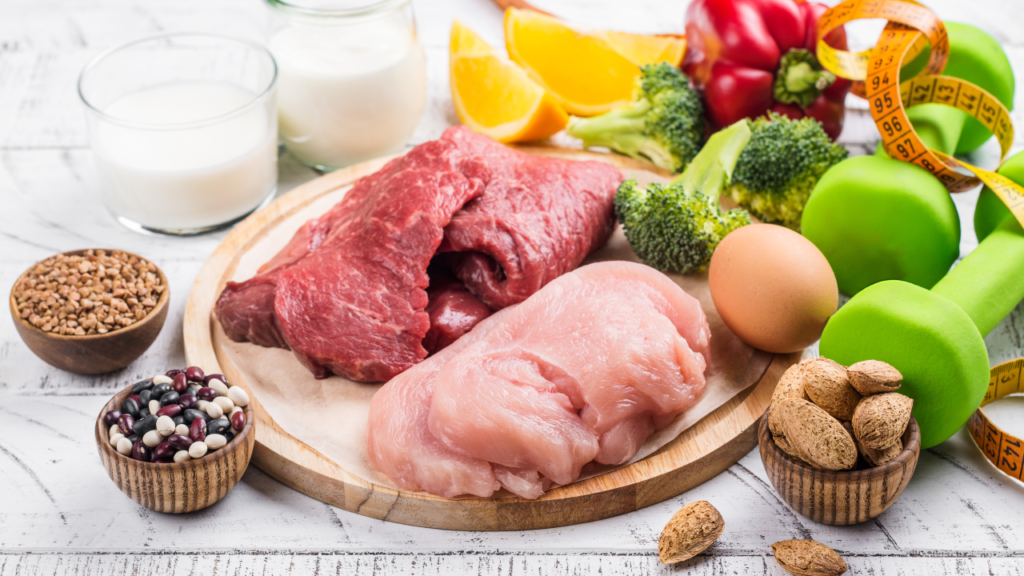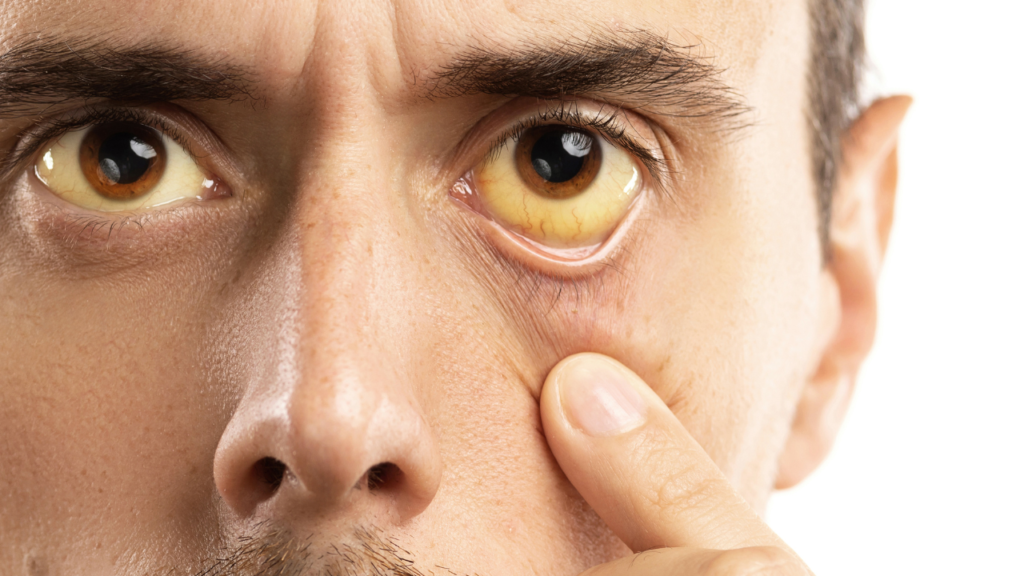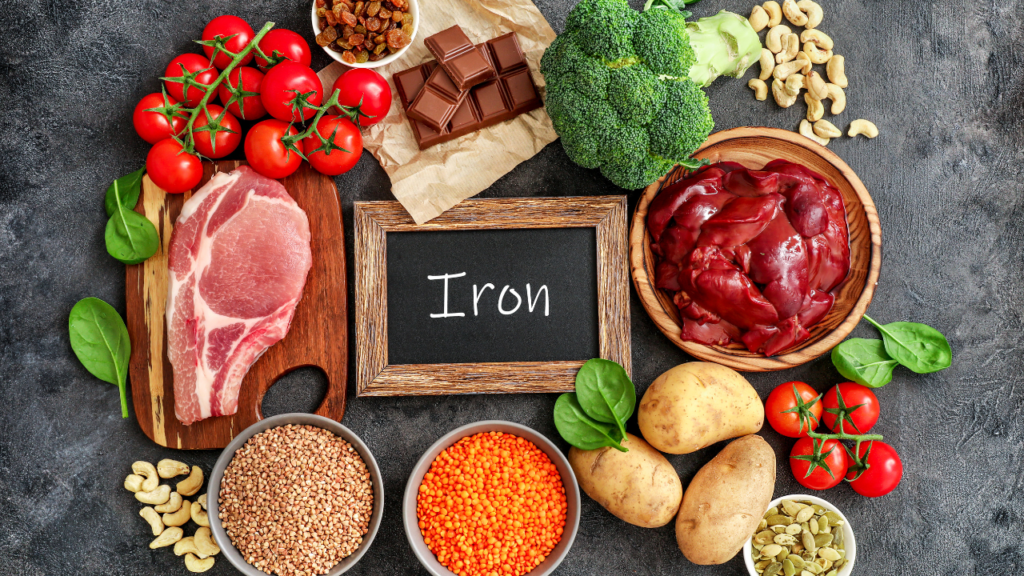Diabetes is a chronic health disease that changes how the body turns food into energy. When someone has diabetes, their body either doesn’t make enough insulin or doesn’t use it well. The blood sugar level goes up, which can cause major health problems in the long run. Food decisions play a big part in controlling blood sugar.
Best Foods For Diabetics
Leafy Greens (Spinach, Kale)
Leafy greens are great for people with diabetes because they are low in sugar and fat. They are very low in carbs, which means they don’t raise blood sugar much. They are also rich in fiber, calcium, and vitamin C. Chard, lettuce, spinach, and kale can be eaten raw in salads or meals. These veggies also contain vitamins that protect the body from inflammation. Leafy greens have fiber that slows down digestion. This helps keep blood sugar levels after a meal. They have magnesium in them, which makes insulin work better and lets cells use glucose more efficiently. One easy way to better control your blood sugar is to eat a handful of fresh greens every day.
Fatty Fish (Salmon, Mackerel)
Omega-3 fatty acids can be found in large amounts in fatty fish like salmon, sardines, and mackerel. It is thought that these good fats lower inflammation, lower the chance of heart disease, and make blood vessels work better. At least twice a week, fatty fish is a good choice for people with diabetes who are more likely to have heart problems. Also, these fish are low in carbs and high in protein, which helps keep muscle strength and keeps the body healthy. Omega-3s also help reduce cholesterol levels and support brain health. If you want to avoid bad fats, it’s better to grill, bake, or steam fish instead of frying it.
Whole Grains (Quinoa, Brown Rice)
Whole grains have a lot of fiber and nutrients that help processing go slowly and give you energy slowly. Foods like quinoa, brown rice, barley, oats, and whole wheat contain complex carbs. Unlike white rice or processed bread, these carbs cause a slower rise in blood sugar. Fiber not only makes digestion better, but it also lowers cholesterol and helps you keep your weight in check.
Magnesium, chromium, and B vitamins in whole wheat also boost insulin action. People who eat whole grains instead of refined carbs feel full longer and don’t have as many glucose spikes. A diabetic can eat these foods in small amounts as part of a healthy meal plan.
Berries (Blueberries, Strawberries)
Berries have a sweet taste but not much sugar. They have a low glucose index and are packed with vitamins, fiber, and antioxidants. Blueberries, raspberries, and strawberries contain anthocyanins, which improve insulin reaction and lower inflammation. A small bowl of fresh or frozen berries can satisfy sweet needs without causing blood sugar to jump. They also keep you from getting heart disease, which is very important for diabetics. You can consume berries as a snack or mix them into yogurt or mush.
Legumes (Lentils, Chickpeas)
Legumes have a lot of fiber, complicated carbs, and protein that comes from plants. Lentils, chickpeas, black beans, and kidney beans digest slowly, which helps avoid blood sugar jumps. These foods keep you full longer and lower the desire for snacks. Their fiber level also helps reduce cholesterol and improve gut health. Also, legumes have a lot of iron, calcium, and potassium. To make veggie burgers or soups, you can add them to the base. Eating a lot of beans can help lower your need for insulin and make it easier to keep your blood sugar under control over time.
Related: How To Lower Blood Sugar Naturally: 5 Proven Tips
Worst Foods For Diabetics
Sugary Beverages (Sodas, Energy Drinks)
Sugary drinks are one of the worst choices for people with diabetes. They have a lot of sugar and not much else going for them. One can of soda can have more than 35 grams of sugar, which is more than the daily limit. These drinks cause blood sugar to rise quickly and increase the chance of fat, heart disease, and insulin resistance. In this group are energy drinks and even iced teas that have been sweetened. Instead, you should drink water, green tea, or fizzy water with lemon.
Refined Carbohydrates (White Bread, Pasta)
A lot of the fiber and nutrients have been taken out of refined carbs. White bread, white pasta, and desserts are all foods that break down quickly and raise blood sugar levels quickly. They have a high glucose index, which can lead to weight gain. Over time, eating these foods can cause insulin resistance. Replacing processed grains with whole grains can help stabilize sugar levels and improve energy.
Fried Foods (French Fries, Fried Chicken)
Fried foods have a lot of calories and fats that are bad for you. They cause inflammation and raise cholesterol levels. You can find carbs in foods like french fries, fried chicken, and deep-fried snacks that are covered in flour or batter. People with diabetes are already more likely to get heart disease, but these things can make that risk even higher. You should bake, roast, or air fry food.
Full-fat Dairy (Cream, Whole Milk)
There is a lot of saturated fat in full-fat dairy goods. Some studies show that dairy may be good for you, but some people may become more insulin-resistant when they eat full-fat versions. Heavy cream, butter, and whole milk may make you gain weight and raise LDL cholesterol. If you choose low-fat or no-fat dairy, you can still get calcium and vitamin D without the extra fat.
Processed Snacks (Chips, Packaged Cookies)
A lot of packaged snacks have bad fats, extra sugars, and processed flour. Chips, bread, and cookies don’t have much nutrition and can make your blood sugar go up. Many also contain additives and chemicals that may harm gut health. These foods are easy to overeat and often lead to cravings. You should eat whole-food snacks like nuts or fruit instead.
FAQs
Can Diabetics Eat Fruit Every Day?
Yes, in balance and focused on low-sugar foods like berries and apples.
Are Potatoes Bad For Diabetics?
They can raise blood sugar quickly. When eaten in small amounts, sweet potatoes are better.
Can Diabetics Drink Coffee?
It’s okay to drink plain coffee. Avoid sugar and high-fat creamers.
Is Oatmeal Safe For Diabetics?
Yes, especially steel-cut or rolled oats without extra sugar.
Should Diabetics Completely Avoid Sugar?
Not all the time. Small amounts in a balanced meal can be okay. Choose natural carbs when possible.





